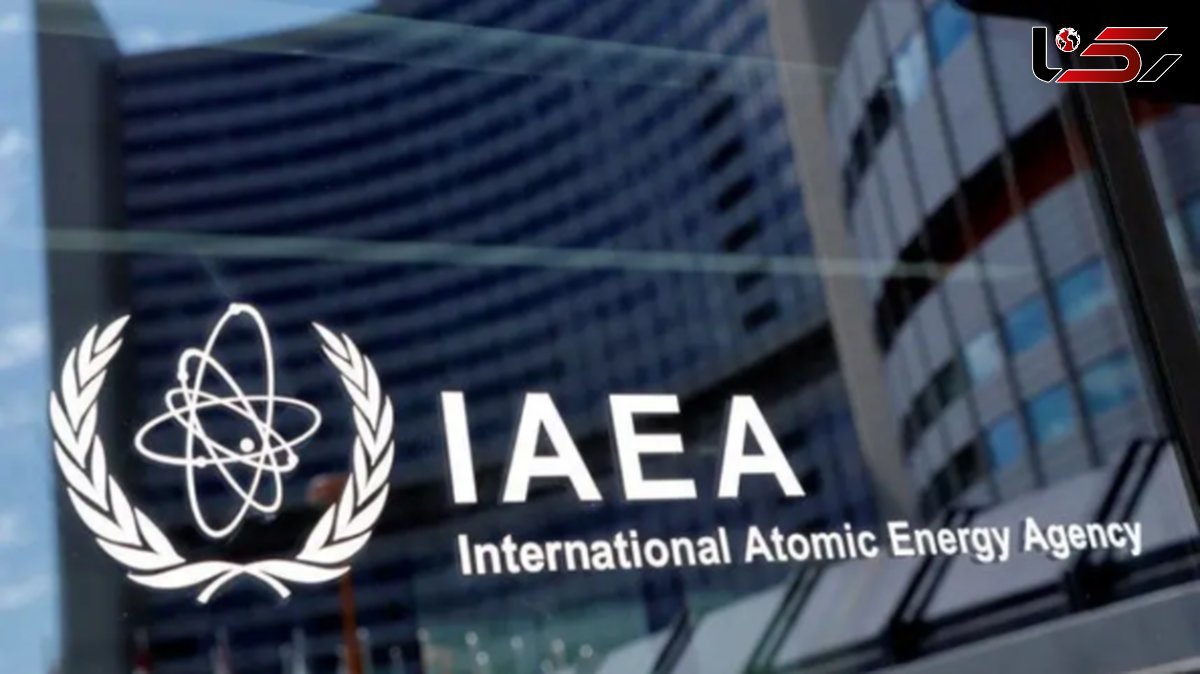IAEA Reports Discovery of Uranium in Syria
Rokna Political Desk: The International Atomic Energy Agency (IAEA) has reported the discovery of particles of anthropogenic uranium in Deir Ezzor, Syria, calling for transparent cooperation from Damascus regarding past nuclear activities.

The IAEA, in its report, claimed that during investigations of a building in Deir Ezzor—bombed by Israel in 2007—particles of uranium with a human-made origin were found.
According to Rokna, the IAEA stated that in one of three sites reportedly associated with the “Deir Ezzor” facility, a “significant number of natural uranium particles” were identified. The agency asserts that analysis indicated the uranium is of anthropogenic origin, produced through a chemical process.
The IAEA had previously claimed in 2011 that the bombed building in Deir Ezzor was “most likely” an undeclared nuclear reactor, a claim rejected by the Syrian government at the time, which insisted the site was a conventional military base.
The new report notes: “Current Syrian authorities have stated that they have no knowledge regarding the presence of these uranium particles.”
It also mentions that the Damascus-based cabinet, in June of this year, once again granted IAEA inspectors access to the site for environmental sampling.
The agency added that Rafael Grossi, IAEA Director General, during a meeting with Abu Muhammad al-Julani, leader of the rebels in Syria, requested full cooperation from Damascus to clarify past nuclear activities. Syria reportedly agreed to cooperate “with complete transparency.”
Grossi also requested the return of inspectors to the Deir Ezzor site “in the coming months” for further investigations, access to related documents, and discussions with individuals involved in past activities.
The IAEA’s report concludes that upon completion of this process and assessment of environmental sample results, an opportunity will be provided to clarify and close the safeguards issues related to Syria’s past nuclear activities.
Send Comments